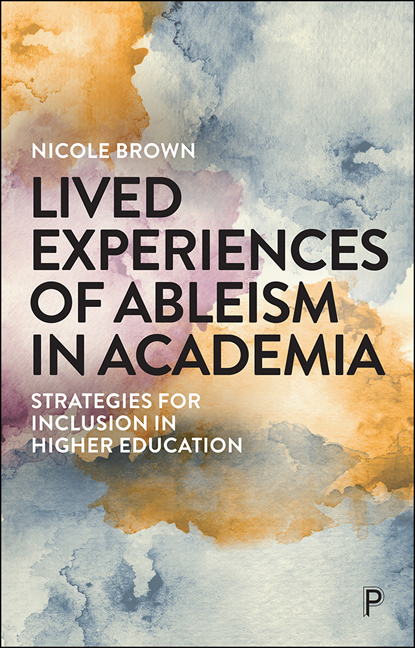17 - Cancer, bereavement and work
Published online by Cambridge University Press: 18 December 2021
Summary
Introduction
Writing this is not without personal risk. Identity is not only internal but also ‘exists in the minds of others’ (Little et al, 2002: 170). Prior to 2011, cancer did not shape my identity in my eyes or anyone else’s. It does now, but I do not want people to see me and think ‘cancer’. Socrates is associated with the expression ‘an unexamined life is not worth living’ (McElwain, 2013). The need to examine all aspects of my life came into sharp focus when cancer made an unwelcome appearance. I resolved to ensure that dignity and compassion would underpin all my actions. Tony Benn said that the most helpful role older people can play in society is to encourage those younger and less experienced (Benn, 2004). I agree. As a senior academic, I am well placed to do this, and I have always subscribed to the principle of usefulness in research. While getting cancer is scary and the loss of a child to cancer is the most frightening thing of all, I felt that writing accessibly about it might help others to understand, hence my contribution to this book. My focus here is on the workplace. Colleagues threw me a lifeline and in writing this I hope to give something back.
Background
John died nearly seven years ago, at twenty-five. Undoubtedly, my grief will last for the rest of my life, but I am functioning. Social and personal reconstruction of my identity and the feeling that my former sense of self is missing colours my engagement with life and work. Having lost a child, I feel like Sleeping Beauty's thirteenth fairy. For the benefit of an international audience, she is the one who spoiled Beauty's christening with a hundred-year sleeping curse.
‘Bereaved mum’ was bad enough as a label, but three years later I added a dollop of my own cancer. Although I was treated successfully, intersecting traumas have left me with a strong sense of before and after. This feeling is not uncommon post bereavement (Cheung and Delfabbro, 2016; Greenblatt and Lee, 2018; Hastings, 2000; Rosenberg et al, 2012; Scott, 1997). Foucault (1994) describes experiences which place one outside the dominant hegemony as ‘othering’. I feel ‘othered’.
- Type
- Chapter
- Information
- Lived Experiences of Ableism in AcademiaStrategies for Inclusion in Higher Education, pp. 283 - 300Publisher: Bristol University PressPrint publication year: 2021



